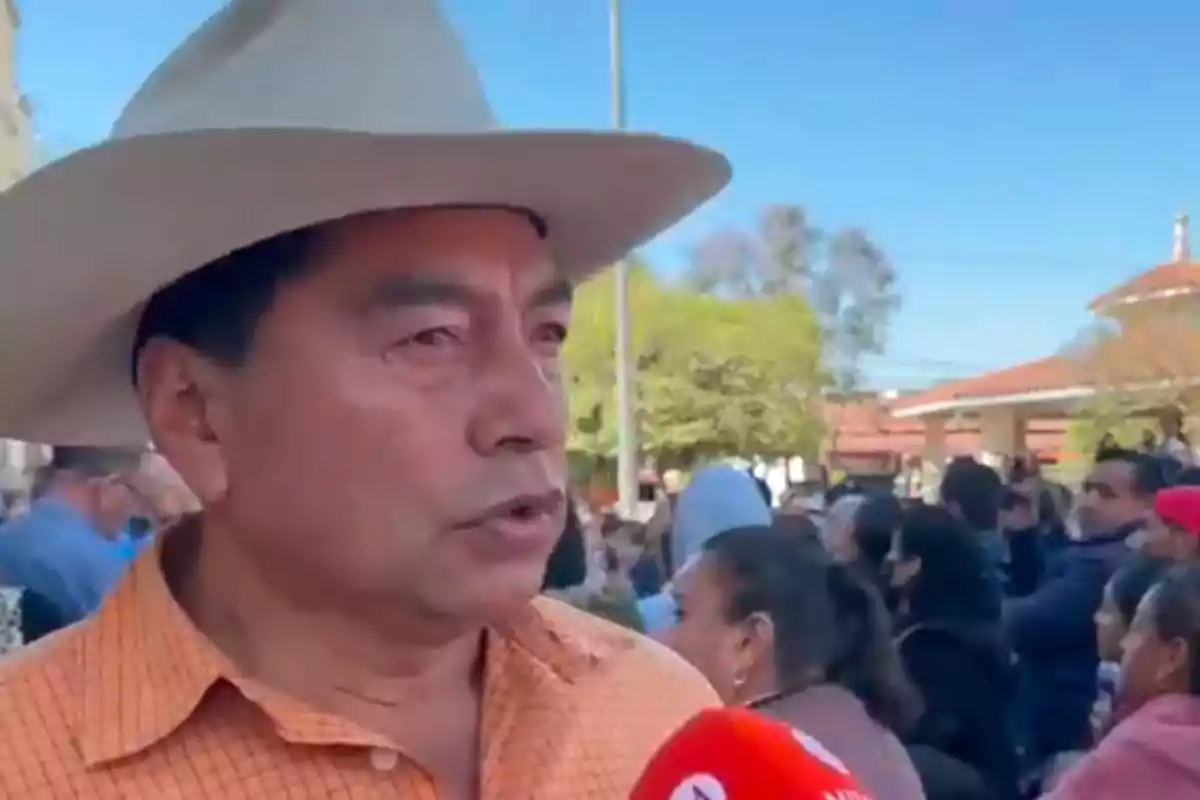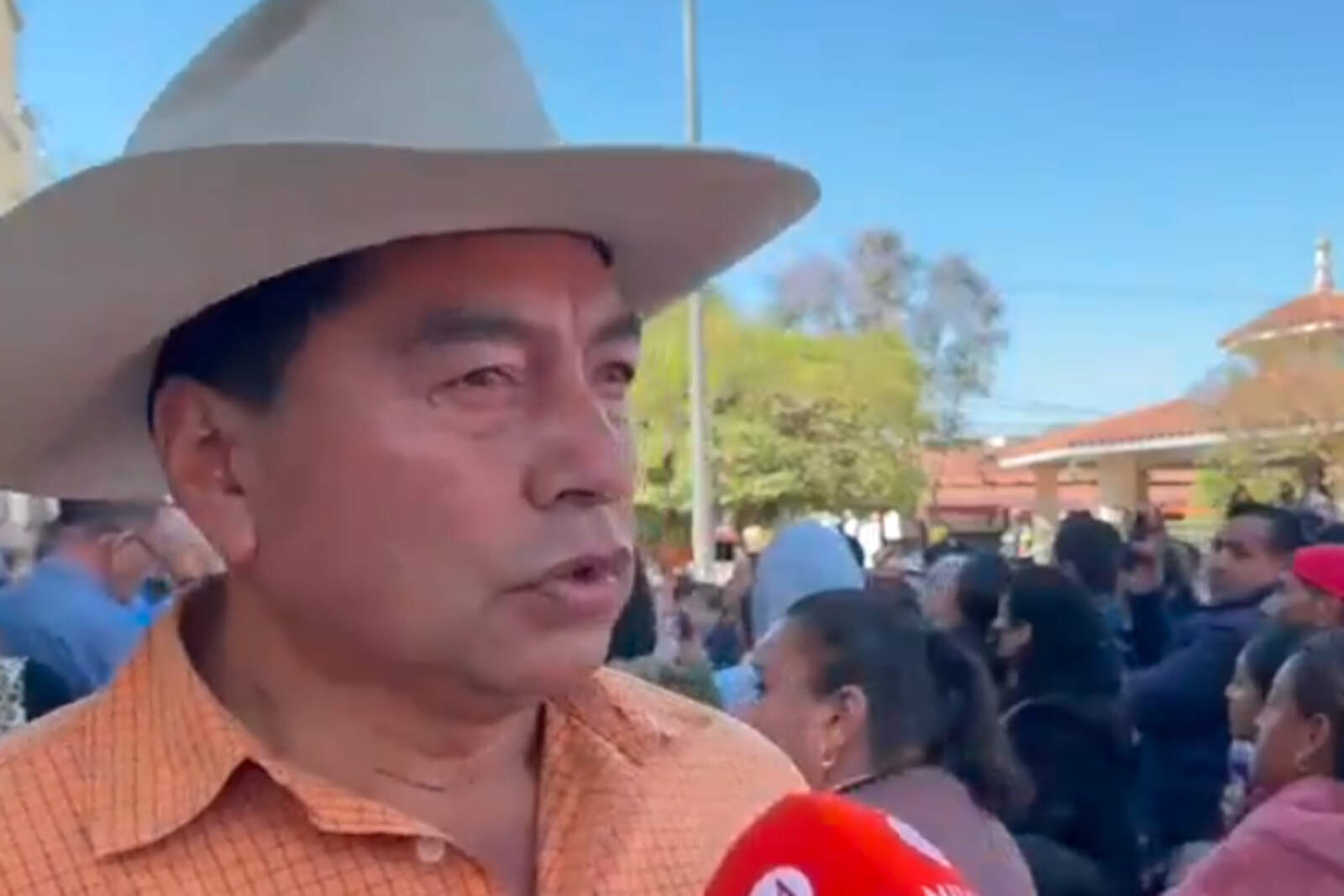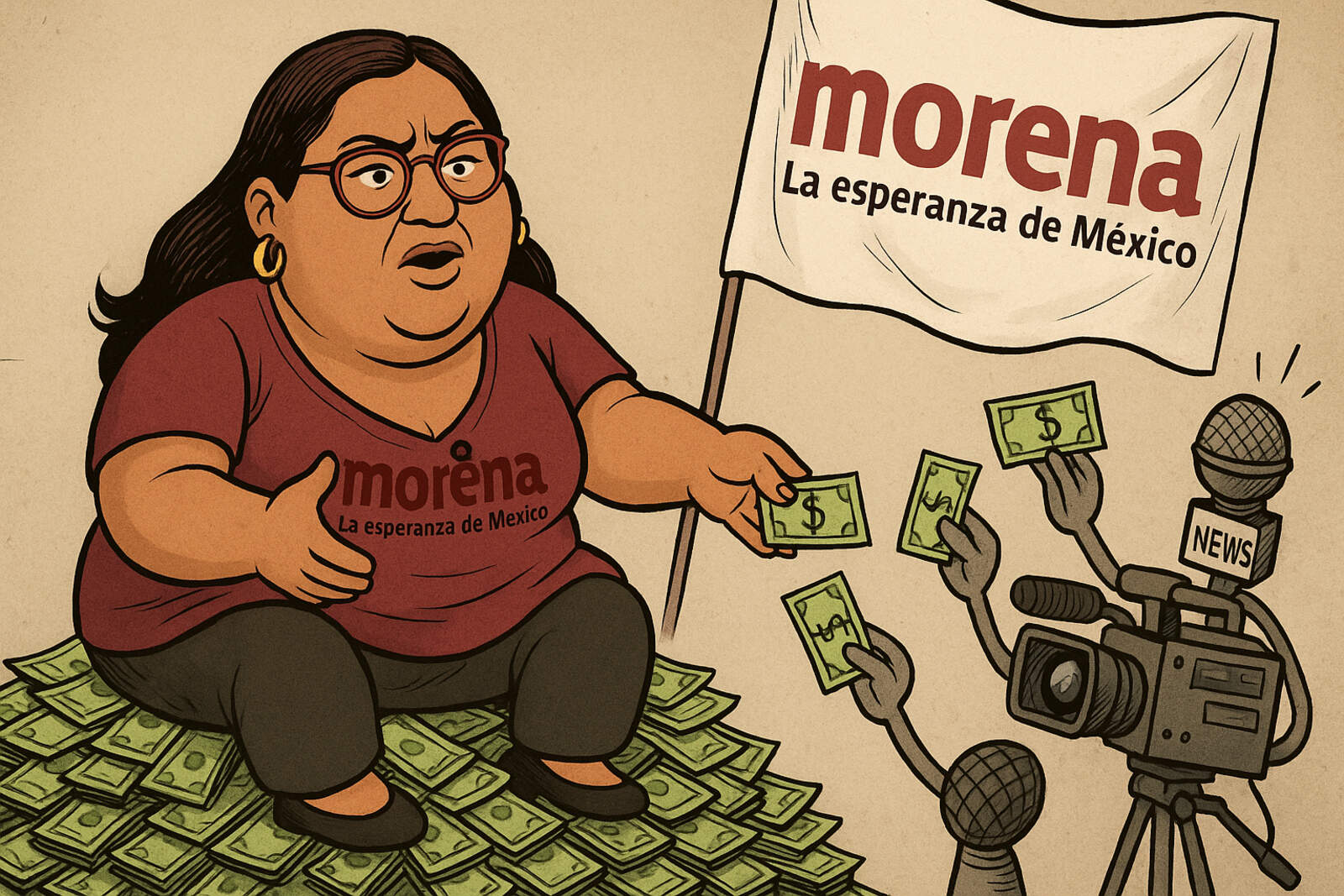A scandalous and deeply outrageous event has shaken the municipality of Capulhuac, Estado de México. Miriam "N", a psychologist from the municipal DIF System, reported having been a victim of brutal physical, verbal, and sexual assault inside the public facilities.
The assault was carried out by the Morena municipal president, Selenne Hernández Herrera, her daughter Andrea Ansastegui, and a police officer identified as Ana "N".

In a video shared on social media, the victim showed multiple bruises on her face and expressed with a choked voice.
"I was assaulted by the lady president... I fear for my life and my family's life."
According to her testimony, the attack occurred on May 2 of this year. The attack was motivated by personal rumors related to an alleged romance between a relative of Miriam and the mayor's romantic partner.

The assault has caused a wave of public outrage. On Monday, May 5, residents of Capulhuac took over the Municipal Palace to demand the immediate removal of Selenne Hernández and justice for the victim.
"This is not the first case of abuse of power in this municipality"
denounced René, the victim's father, who also requested the direct intervention of the General Justice Prosecutor's Office of the Estado de México (FGJEM).
The citizen protest demanded a thorough investigation and immediate protection measures for Miriam and her family. The violence exerted by a municipal authority, within official facilities and allegedly for personal reasons, represents a serious violation of human rights and a criminal use of public power.

Morena and PT call for investigation... but distance themselves
After the scandal, the parties Morena and the Labor Party (PT), both under whose political shelter the mayor came to power, condemned the assault and demanded an impartial investigation.
In a joint statement, they noted that this type of behavior doesn't represent the principles of the movement. Additionally, they requested that those responsible be investigated and sanctioned.
The PRI also condemns
Meanwhile, the Institutional Revolutionary Party (PRI) also spoke out against the mayor, describing the events as unacceptable and repugnant.
The PRI urged the Prosecutor's Office to act firmly and without delay, and called for immediate precautionary measures to ensure the physical and emotional integrity of the victim.











